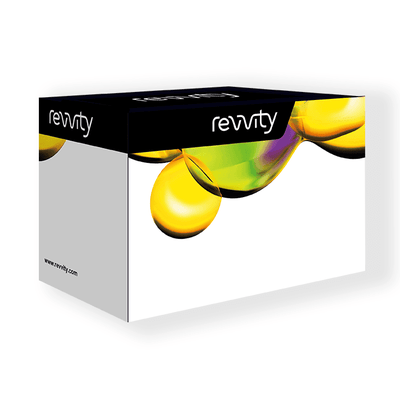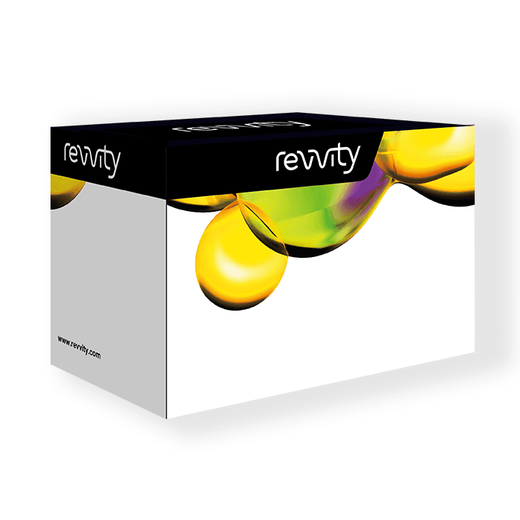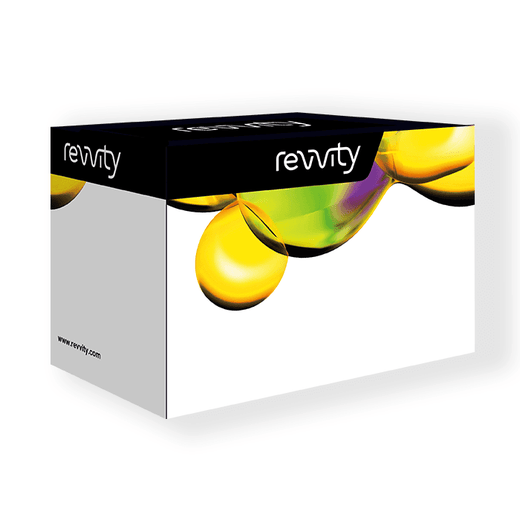

HTRF Human PCSK9 Detection Kit, 500 Assay Points


HTRF Human PCSK9 Detection Kit, 500 Assay Points






The Human PCSK-9 kit is designed for the rapid quantification of Proprotein convertase subtilisin/kexin type 9 in cell supernatants.
| Feature | Specification |
|---|---|
| Application | Protein Quantification |
| Sample Volume | 10 µL |
The Human PCSK-9 kit is designed for the rapid quantification of Proprotein convertase subtilisin/kexin type 9 in cell supernatants.



HTRF Human PCSK9 Detection Kit, 500 Assay Points



HTRF Human PCSK9 Detection Kit, 500 Assay Points



Product information
Overview
PCSK-9 (proprotein convertase subtilisin/kexin type 9) is a member of the proprotein convertase family that plays an important role in lipoprotein homeostasis. PCSK9 binds to the receptor for low-density lipoprotein particles (LDLR) within extracellular fluid, triggering ingestion of LDL-particles into cells. PCSK9 blocking can lower blood LDL-particle concentrations. The PCSK-9 kit is designed for the detection of proprotein convertase subtilisin/kexin type 9 directly in cell supernatants.
Specifications
| Application |
Protein Quantification
|
|---|---|
| Brand |
HTRF
|
| Detection Modality |
HTRF
|
| Product Group |
Kit
|
| Sample Volume |
10 µL
|
| Shipping Conditions |
Shipped in Dry Ice
|
| Target Class |
Biomarkers
|
| Target Species |
Human
|
| Technology |
TR-FRET
|
| Therapeutic Area |
Cardiovascular
Metabolism/Diabetes
|
| Unit Size |
500 Assay Points
|
Video gallery

HTRF Human PCSK9 Detection Kit, 500 Assay Points

HTRF Human PCSK9 Detection Kit, 500 Assay Points

How it works
Assay principle
Human PCSK-9 is measured using a sandwich immunoassay involving two specific human PCSK-9 antibodies, respectively labelled with Europium Cryptate (donor) and d2 (acceptor). The intensity of the signal is proportional to the concentration of PCSK-9 present in the sample.

Assay Protocol
The PCSK-9 assay features a streamlined protocol with only one incubation step following the sample/calibrator and Antibody conjugates dispensing. The antibodies labelled with HTRF donor and acceptor may be pre-mixed and added in a single dispensing step to further streamline the assay procedure. This protocol requires a single 2-hour incubation period at RT.

Resources
Are you looking for resources, click on the resource type to explore further.
This guide provides you an overview of HTRF applications in several therapeutic areas.


How can we help you?
We are here to answer your questions.






























